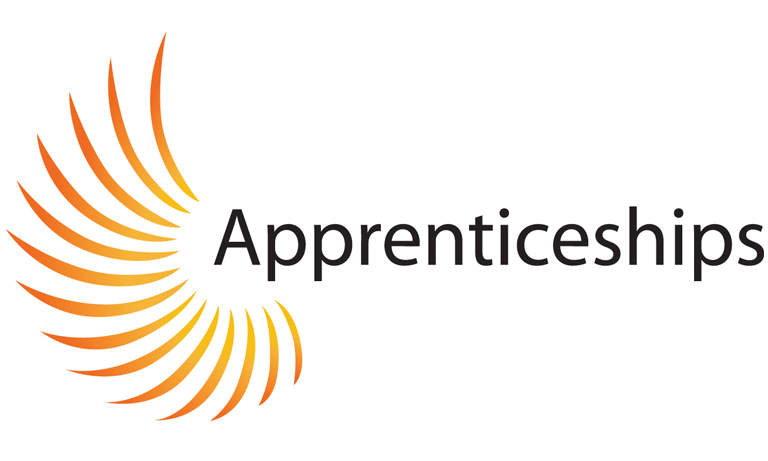 This has resulted in some apprentices having their apprenticeships placed on hold, or even withdrawn entirely
This has resulted in some apprentices having their apprenticeships placed on hold, or even withdrawn entirelyThe number of Apprenticeships is on the rise, contributing an estimated £3.4bn to the UK economy per year in productivity gains by 2022, according to the Centre for Economics and Business Research.
There are some common misconceptions around recruitment apprenticeships for both an employer and an apprentice, below we set the record straight.
Myths For Recruitment Agency Employers…
1. A Recruitment Apprentice has to be a new member of staff?
Busted: This is not true, any opportunities that you may have for apprenticeships are for all members of staff, existing or new, providing they don’t already have the appropriate qualifications to undertake the role.
2. I won’t get an incentive to hire an apprentice?
Busted: If you are an SME you can get a Government Incentive Grant of up to £4000.00 to recruit an apprentice, subject to your business’s location and level of apprenticeship you recruit.
3. Are Apprentices worth my time and initial investment as an employer?
Busted: Apprentices bring a wealth of experience in terms of new ideas to a company. Many bring fresh ideas such as social media marketing support and how to effectively market your business, as well as developing new recruits to meet your business needs.
4. Will Employing an apprentice free up more skilled employees time?
Busted: Yes, you can free up more time of existing staff to focus on more business goals by hiring an apprentice.
5. Is it expensive to hire an apprentice?
Busted: The Government statutory apprenticeship guidance states that all apprentices should be on a minimum wage of £3.30 per hour during their time on an apprenticeship in recruitment. You must develop the apprentice to enable them to complete their apprenticeship framework, which consists of a technical certificate (the theory behind the qualification), the NVQ which must be evidenced with their job role. In addition to this the learner must undertake maths and English (If they do not have at least Level 1 or 2 in Functional Skills before commencing on an apprenticeship).
Myths For Potential Recruitment Apprentices…
6. Apprenticeships stop at Level 3 (A-Level Equivalent)
Busted: False, with Higher and Degree Level apprenticeships, there is an appropriate level of apprenticeship for everyone to upskill the workforce and develop an individual’s skills.
7. Apprenticeships are for traditional blue collar sectors aren’t they?
Busted: Apprenticeships cover 1,200 job roles in a range of industries, from engineering to financial advice, veterinary nursing to accountancy. You will get first-hand experience of the recruitment sector to help you improve your career path within recruitment.
8. You have to be under the age of 19 to be entered onto an apprenticeship
Busted: There is no age limit to starting on the apprenticeship. The oldest Apprentice recorded is 76 years old, starting an apprenticeship in February 2016.
9. “It’s not a secure option, and I can’t afford it”
Busted: As an Apprentice you should have the same rights as other employees, with a contract of employment and real opportunities for future progression and the recruitment sector. Unlike most ways of gaining formal training and practical experience, apprenticeships are paid for by the government and a wage from your employer, so they’re great if university isn’t an option financially.
10. University graduates earn more money than former apprentices?
Busted: Although graduates typically start work after university at a higher wage, this doesn’t take into account the debt they have to repay. Apprentices begin earning the moment they step through the door of the programme and are entitled to at least the national minimum wage but are often paid more than this. Apprenticeships and school-leaver programmes must also be seen as an investment in future career opportunities and earnings. As skills develop, many employers tend to increase wages.
By the Institute of Recruiters (IOR) Business School. Apprenticeships are exciting opportunities for both the employer and the apprentice. If you would like more information about recruitment apprenticeships, please contact Holly Taylor-Holbrook at the IOR Business School on 07793 038982 or email: holly.taylor-holbrook@theior.org.uk
Join Over 40,000 Recruiters. Get our latest articles weekly, all FREE – SEND ME ARTICLES
Recruiters love this COMPLETE set of Accredited Recruitment & HR Training – View Training Brochure








